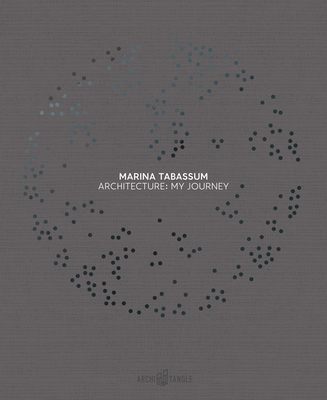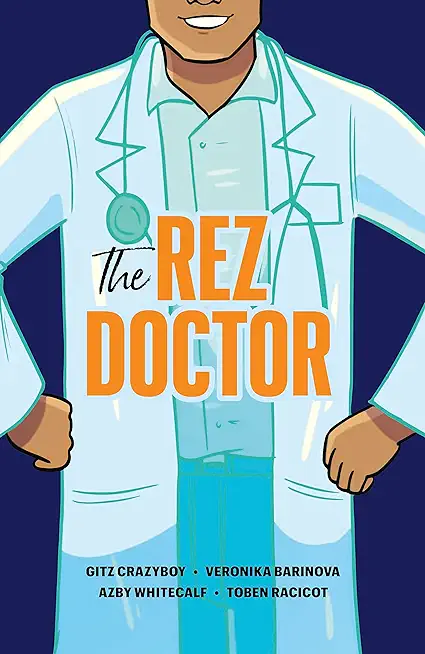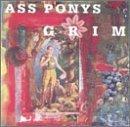
Marina Tabassum's exploratory approach makes her architectural practice one of the outstanding contemporary positions internationally. Her diverse oeuvre spans from governmental projects to housing and has brought her numerous honors and accolades in the international field of architecture.
This volume presents various public and private building projects that Marina Tabassum has worked on since 1995, first with the architectural office URBANA and since 2005 through Marina Tabassum Architects (MTA). The selection of her architecture in this book ranges from early projects in the city of Dhaka shortly after completing her studies at Bangladesh University of Engineering and Technology (BUET), such as the Museum of Independence and the celebrated Bait Ur Rouf Mosque, to recent mobile modular structures called Khudi Bari. Tabassum is establishing the latter for the people affected by displacement in various geographically and climatically challenged locations--both in the Ganges Delta and in the Rohingya refugee camp at Cox's Bazar on the border to Myanmar, which is currently the largest refugee camp in the world.
The internationally renowned authors reflect on various perspectives and interpretations of Tabassum's work. Besides the historical and political background, the contributions deal, among other things, with spotlighting particular architectural elements that pervade Tabassum's work, such as place and memory, light and spirituality, brick and materiality, and people and community.
With contributions by Sean Anderson, Vera Simone Bader, Kareem Ibrahim, Hanif Kara, Andres Lepik, Nondita Correa Mehrotra, Tanzil Shafique, Cristina Steingräber, Marina Tabassum, Sarah M. Whiting, and Danny Wicaksono.







